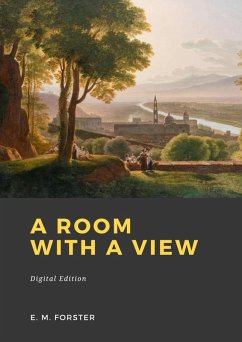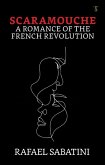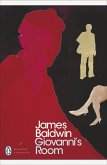Lucy's life takes a transformative turn when she travels to Italy with her chaperone, Charlotte Bartlett. Amid the stunning landscapes of Florence, Lucy encounters George Emerson, a free-spirited and unconventional man who challenges her worldview. A stolen kiss in the Italian countryside marks the beginning of a passionate connection that defies the conventions of their time.
The novel explores themes of class, social norms, and the clash between individual desires and societal pressures. As Lucy grapples with her feelings for George, she must navigate the complexities of her relationships with family, friends, and suitors. Through a series of engaging events, Lucy must ultimately choose between following her heart or succumbing to societal expectations.
Forster's insightful prose and keen observations of human nature create a compelling narrative that delves into the complexities of human relationships and the pursuit of true happiness. "A Room with a View" remains a timeless exploration of love's ability to challenge conventions and transform lives, making it a captivating read for those drawn to themes of personal growth and romantic tension.
ABOUT THE AUTHOR
E. M. Forster, a literary luminary of the 20th century, illuminated the world with his insightful prose and boundless imagination. Born in 1879 in London, England, Forster's works exude a unique blend of keen observation and compassionate exploration of human relationships. His novels, including 'A Passage to India,' 'Howards End,' and 'A Room with a View,' resonate with themes of class, social conventions, and the intricacies of personal connections. Forster's pen painted vibrant landscapes where characters grappled with the dilemmas of their time, inviting readers to contemplate the nuances of existence. A true wordsmith, his narratives bridge cultures and epochs, inviting us to ponder the intersections of love, identity, and society. E. M. Forster's literary legacy continues to kindle the fires of contemplation, reminding us that human experiences are universal threads woven into the tapestry of time.
Dieser Download kann aus rechtlichen Gründen nur mit Rechnungsadresse in A, B, CY, D, EW, E, FIN, F, GR, IRL, I, L, M, NL, P, SLO, SK ausgeliefert werden.









